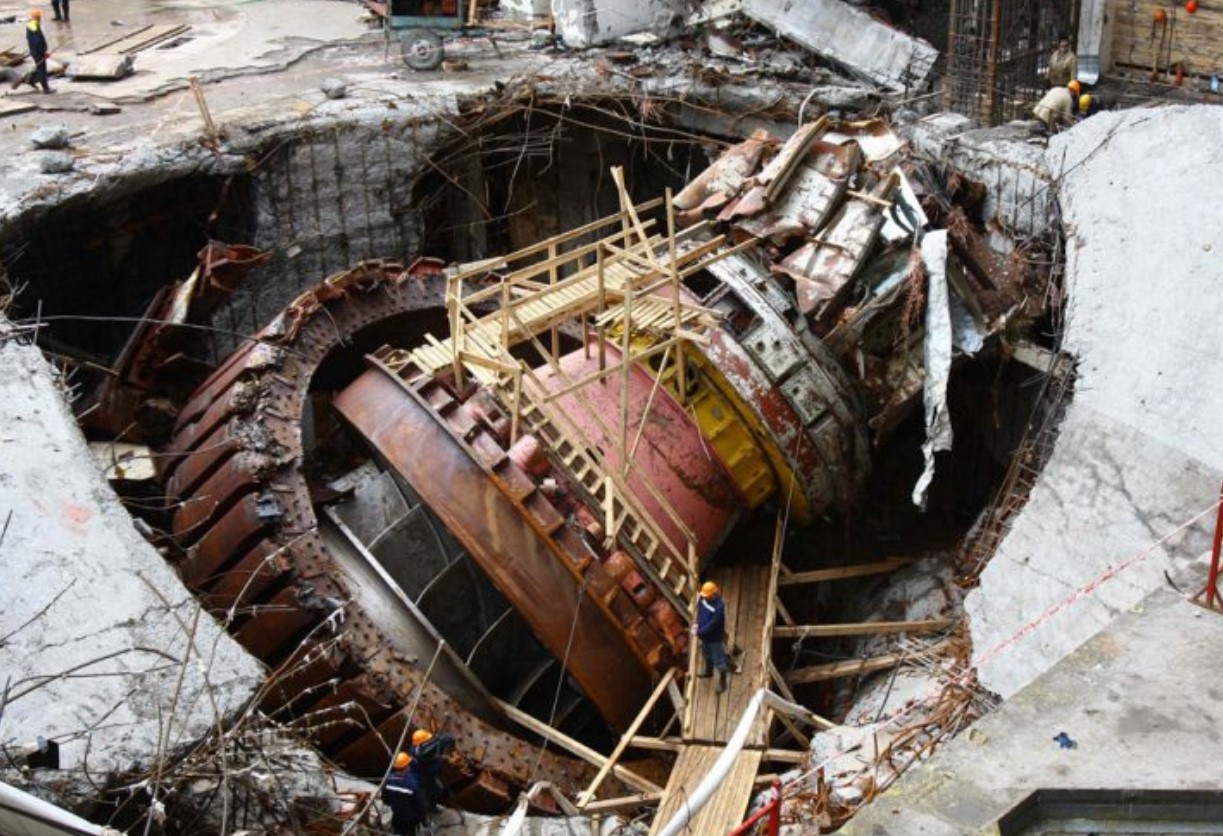Unraveling The Mysteries Of The Byford Dolphin
The Byford Dolphin is not just a name; it's a vessel steeped in history and intrigue. This remarkable diving support vessel has been pivotal in the oil and gas industry, particularly for offshore operations. Known for its innovative design and engineering, the Byford Dolphin has served various purposes throughout its service life, making it a subject of fascination for maritime enthusiasts and historians alike. From its construction to its infamous incidents, the story of the Byford Dolphin is one that encapsulates the challenges and triumphs of marine engineering.
The vessel was built in the 1970s and has played a crucial role in numerous underwater projects, showcasing the advancements in technology that facilitate deep-sea exploration. Despite its successes, the Byford Dolphin has also been the center of tragic events that have raised questions about safety and operational protocols in the maritime industry. This dichotomy of achievement and adversity makes the Byford Dolphin a compelling case study for those interested in marine vessels and safety practices.
As we dive deeper into the world of the Byford Dolphin, we will explore its specifications, operational history, the incidents it has been involved in, and its lasting legacy in the maritime industry. From understanding its technical aspects to examining its cultural impact, the Byford Dolphin offers a rich tapestry of narratives that reflect both human ingenuity and the inherent risks of working in challenging environments.
What is the History of the Byford Dolphin?
The Byford Dolphin was constructed in 1974 by the renowned shipbuilding company, Ailsa Shipbuilding Company, in Scotland. Initially designed as a drilling rig, it was repurposed as a diving support vessel. The vessel is known for its dynamic positioning system, enabling it to maintain its position over a designated point on the sea floor, which is crucial for diving operations. Its design includes a unique moonpool, allowing divers to enter and exit the vessel safely.
What Are the Key Specifications of the Byford Dolphin?
The Byford Dolphin boasts impressive specifications that make it a standout in the field of marine engineering:
- Length: 97.5 meters
- Beam: 30 meters
- Depth: 15.5 meters
- Weight: Approximately 4,000 tons
- Diving Capability: Supports saturation diving operations
What Incidents are Associated with the Byford Dolphin?
Despite its successes, the Byford Dolphin is notorious for a tragic incident that occurred in 1983. During a routine diving operation, a catastrophic accident resulted in the loss of five crew members. The tragedy was a stark reminder of the dangers associated with deep-sea diving and led to a significant overhaul of safety protocols within the industry. Investigations revealed that human error and equipment failure played critical roles in the incident.
How Did the Byford Dolphin Impact Maritime Safety Regulations?
The Byford Dolphin incident sparked widespread discussions about safety standards in the maritime industry. In the aftermath, regulatory bodies implemented more stringent safety measures and protocols to ensure the well-being of divers and crew members. The lessons learned from the Byford Dolphin have influenced training programs and operational guidelines for offshore diving operations worldwide.
What is the Legacy of the Byford Dolphin?
The legacy of the Byford Dolphin extends beyond its operational history. It has become a symbol of both innovation and caution within the maritime community. Many industries look to the Byford Dolphin as a case study for understanding the balance between advancing technology and ensuring safety. Its story serves as a reminder of the complexities involved in underwater exploration and the human element that plays a crucial role in maritime operations.
What Future Does the Byford Dolphin Hold?
As of now, the Byford Dolphin continues to operate, albeit under new ownership and management. The vessel has undergone various upgrades and refurbishments to meet modern standards. Its future remains bright as it continues to be utilized for diving support and other offshore operations. The Byford Dolphin stands as a testament to the resilience of marine engineering and the ongoing quest for exploration beneath the waves.
How Can We Learn from the Byford Dolphin Experience?
The Byford Dolphin teaches us valuable lessons about the importance of safety, training, and innovation in the maritime industry. By studying its history and the incidents associated with it, industry professionals can better understand the risks involved and how to mitigate them effectively. Continuous learning and adaptation are key to ensuring that the legacy of the Byford Dolphin serves as a guide for future generations in marine operations.
In conclusion, the Byford Dolphin is much more than just a vessel; it is a significant part of maritime history that encompasses human endeavor, tragedy, and triumph. Its story is one that encourages us to reflect on the importance of safety and innovation as we navigate the uncharted waters of the future.
Article Recommendations
- Alex Oloughlin
- John Nettles
- Did Eazy Es Wife Die
- Low Taper Fade
- Who Is Calvin Johnsons Wife
- Did Post Malone Dated Khloe Kardashian
- When To Wrap A Brisket
- King Von Autopsy Results
- Auto Kilcher
- Jason Derulo Mom


